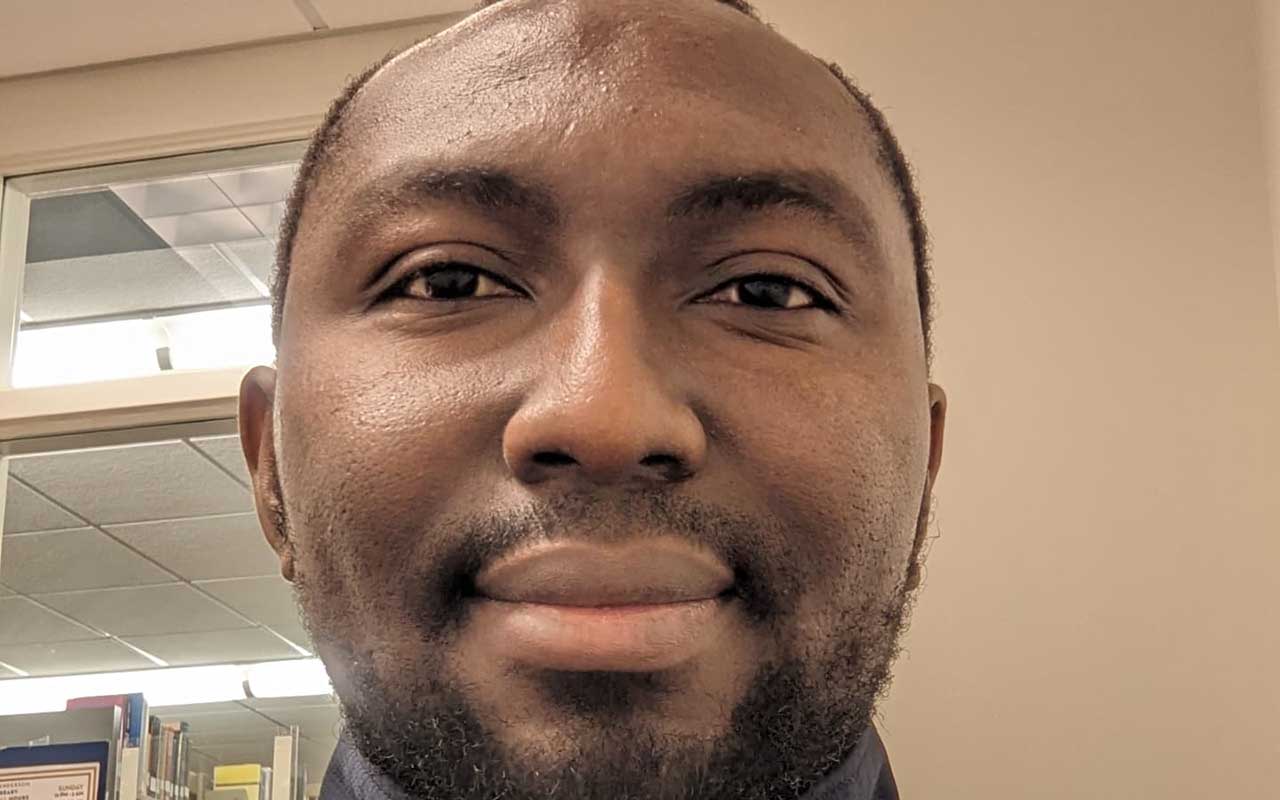Dr. Victor Ezeamii, a leading public health expert with extensive experience in both clinical and public health research, has advised the Nigerian government to embrace wearable health technology as a powerful tool in the fight against chronic diseases. Speaking at a health innovation conference in Lagos, Dr. Ezeamii highlighted how wearable devices are transforming healthcare practice by enabling real-time monitoring and personalised health interventions.
In his address to a captivated audience of policymakers, tech innovators, and health professionals, Dr. Ezeamii explained that wearable health technology, such as smartwatches and fitness trackers, have rapidly advanced, allowing for continuous monitoring of vital health parameters like heart rate, blood pressure, blood glucose levels, and even oxygen levels. “These technologies are no longer just fitness gadgets. They are medical devices that can provide crucial data on an individual’s health in real-time,” he remarked.
Dr. Ezeamii, who has a proven track record in public health research and clinical practice, emphasized the potential of wearables in preventive healthcare. “Wearables can shift the focus from reactive care, where patients wait until they are sick to seek medical help, to proactive care. This is critical in a country like Nigeria, where chronic diseases such as hypertension and diabetes are on the rise,” he said.
Noting the rising prevalence of non-communicable diseases in Nigeria, he urged the government to explore ways to integrate wearable devices into the national healthcare system. “By monitoring health data in real-time, these devices can help detect early signs of chronic diseases, enabling timely interventions. They can be particularly effective in managing conditions like diabetes, cardiovascular disease, and even mental health disorders,” he explained.
Ezeamii, who has led research various research projects on health related issues, also underscored the importance of ensuring data accuracy and addressing user compliance issues. “Wearables provide valuable data, but we must ensure that the data is accurate and that users are properly educated on how to use the devices. This requires investment in health literacy and user training,” he said.
He further pointed out the ethical considerations surrounding wearable technology, particularly regarding privacy and data security. “Data privacy must be a priority. Nigerians need to be confident that their personal health information will be safeguarded. The government should work with tech companies and healthcare providers to ensure that proper regulations are in place,” Ezeamii said.
The expert also highlighted the potential for wearables to support public health surveillance, which is crucial for identifying emerging health trends and planning interventions. “Wearables can serve as an early warning system for public health authorities. For instance, if there’s a sudden rise in abnormal health readings in a particular region, it can trigger early intervention measures,” he added.
Dr. Ezeamii, whose past work includes advising on health systems strengthening in both urban and rural Nigeria, reiterated the importance of equitable access to wearable technologies. “We cannot have a two-tier healthcare system where only the wealthy benefit from these innovations. The government must explore ways to make wearables accessible and affordable to all Nigerians, particularly those in underserved communities,” he said.
In his concluding remarks, Ezeamii urged the Nigerian government to collaborate with technology companies, healthcare providers, and academic institutions to foster innovation in healthcare technology. “The future of healthcare in Nigeria lies in harnessing the potential of technology, and wearables are at the forefront of that transformation,” he said.
With his extensive experience in public health research and advocacy, Dr. Ezeamii’s advice is expected to influence policy discussions in the coming months. As wearables continue to evolve, his insights into their role in preventive healthcare are likely to be a guiding force in shaping Nigeria’s health policies for the future.







